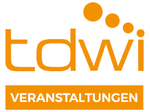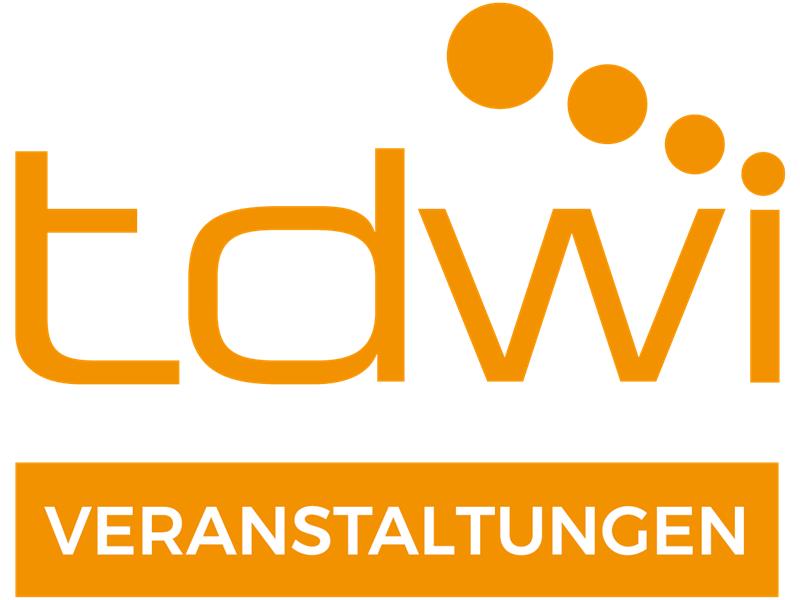
Please note:
On this site, there is only displayed the English speaking sessions of the TDWI München digital. You can find all conference sessions, including the German speaking ones, here.
The times given in the conference program of TDWI München digital correspond to Central European Time (CET).
By clicking on "EVENT MERKEN" within the lecture descriptions you can arrange your own schedule. You can view your schedule at any time using the icon in the upper right corner.
Thema: Data Platforms
- Montag
20.06. - Dienstag
21.06. - Mittwoch
22.06.
Viele Unternehmen haben in den letzten Jahren erfolgreich prototypische Big-Data- und Machine-Learning-Use-Cases auf On-Premises-Umgebungen umgesetzt. Eine wesentliche und oft unterschätzte Herausforderung ist dabei die Operationalisierung und die Integration von Big-Data-/ML-Anwendungen in die Anwendungslandschaft eines Unternehmens. Der Vortrag stellt Methoden und Konzepte vor, die für den Aufbau und die Operationalisierung einer standardisierten, zentralen Big-Data-/ML-Serviceplattform bei…
[Vanilla] steht für einfach, grundlegend, konventionell - und langweilig? Auf keinen Fall! Aber eine Datenplattform - ideal auf die individuellen Anforderungen angepasst und trotzdem einfach - ist der Wunsch vieler BI-Leiter. Aber geht das, 'einfach'? Jein. Damit Du wirklich etwas von Deiner Plattform hast, sind ein paar grundlegende Dinge wichtig. Welche das sind und welche Stolpersteine Du auf dem Weg zur VDP (Vanilla Data Platform) besser vermeiden solltest, zeigen Dir Meik und Thomas…
Was verbirgt sich hinter dem Trend 'Modern Data Stack' und wie gut eignet er sich für den Aufbau von Analytics-Plattformen? Wir berichten über erste Erfahrungen im Aufbau und der Nutzung des Modern Data Stacks, stellen eine Architektur mit allen Komponenten vor und demonstrieren sie praktisch. Wir gehen auf die Trennung von Ingestion (EL) und Transformation (T) ein, sowie weitere Ideen, wie 'Metrics Store' und 'Reverse ETL'. Abschließend berichten wir von Problemen und Einstiegshürden bei…
Viele Unternehmen investierten in der Vergangenheit in klassische DWH-Architekturen. Seit einigen Jahren geraten diese durch stark geänderte Anforderung wie Analyseunterstützung durch künstliche Intelligenz oder echtzeitnahe Reports immer stärker unter Druck.
In diesem Vortrag zeigen wir anhand eines Praxisbeispiels zwei Lösungswege (Managed Cloud Services und OSS-Plattformen) und wie durch eine Kombination von beiden den immer weiter steigenden Anforderungen optimal begegnet werden kann.
Zielp…
Vorstellung von Cloud-Plattformen in der Business Intelligence mit Praxisbeispiel aus der BerlinHyp.
Teil 1:
- Vorstellung des SAC-Projektes bei der BerlinHyp
- Nutzerversprechen und Handling der SAC als Cloud Tool auf einer HANA-Lösung
- Vorstellung Projektvorgehen
Teil 2:
- Umsetzung der Anforderungen in einer modernen Cloud-Architektur am Beispiel der SAP DWC
- Prozessumkehr bei Datenprojekten und konsequente Verfolgung produktbezogener Ansätze
- Wie ein Modellierungsframework als…
Data Mesh ist heute DER Trend im Datenmanagement. Es wendet Microservice-Architekturansätze auf jede Art von Datenverarbeitung an und betrifft so auch Data Warehouses oder Data Lakes.
Publikationen erschöpfen sich heute oft noch in der Betrachtung der - sicherlich wichtigen - kulturellen und organisatorischen Auswirkungen.
Wir zeigen zudem auch live anhand eines konkreten Beispiels, wie Data Engineering, Data Governance, Data Warehousing etc. davon beeinflusst wird, wie eine konkrete Lösung…

